- Join the MEAN Stack Developer Training Institute to Learn Full Stack Web Development.
- Our MEAN Stack Developer Training Covers From Fundamentals to Advanced Practices.
- Learn at Your Convenience With Flexible Options Weekday, Weekend or Fast-track Batches.
- Get Hands-on Experience by Building Real-time Projects Guided by Experts.
- Earn a Globally Recognized MEAN Stack Certification With Job Placement Assistance.
- Receive Expert Support in Crafting a Professional Resume and Acing Job Interviews.
Join Our 100% Job Guaranteed
MEAN Stack Developer Course
WANT IT JOB
Become a MEAN Stack Developer in 3 Months
Freshers Salary
3 LPA
To8 LPA
Quality Training With Affordable Fees!
INR
₹39000
INR
₹36580

10719+
(Placed)
5091+
(Placed)
7972+
(Placed)
4987+
(Placed)


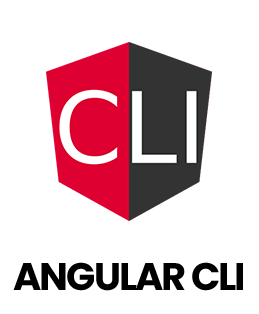
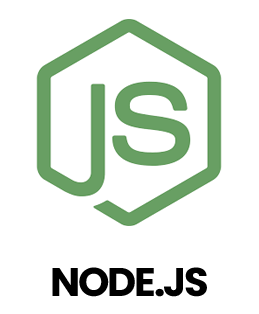
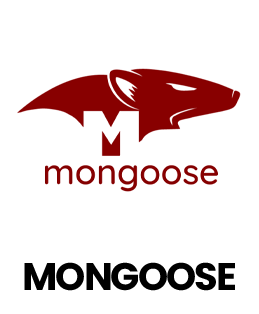
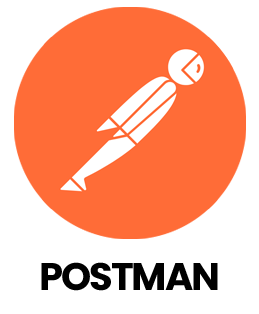
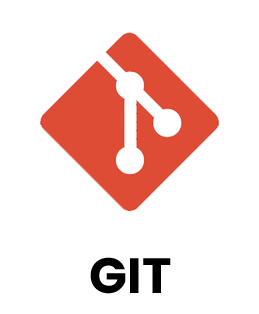
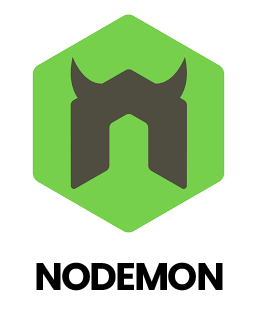

















 Chennai Location
Chennai Location Bangalore Location
Bangalore Location